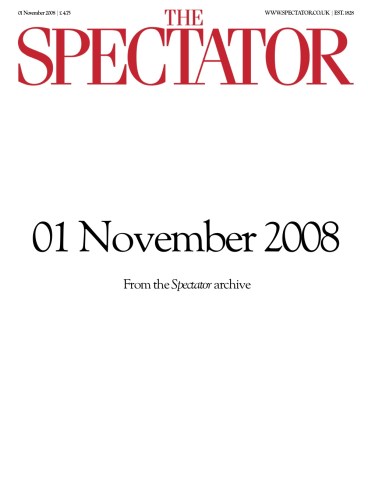Life & letters
Chesterton refuses to go away. You may think he should have done so. Orwell tried to show him the door: Chesterton was a writer of considerable talent who chose to suppress both his sensibilities and his intellectual honesty in the cause of Roman Catholic propaganda. In the last 20 years of his life … every


